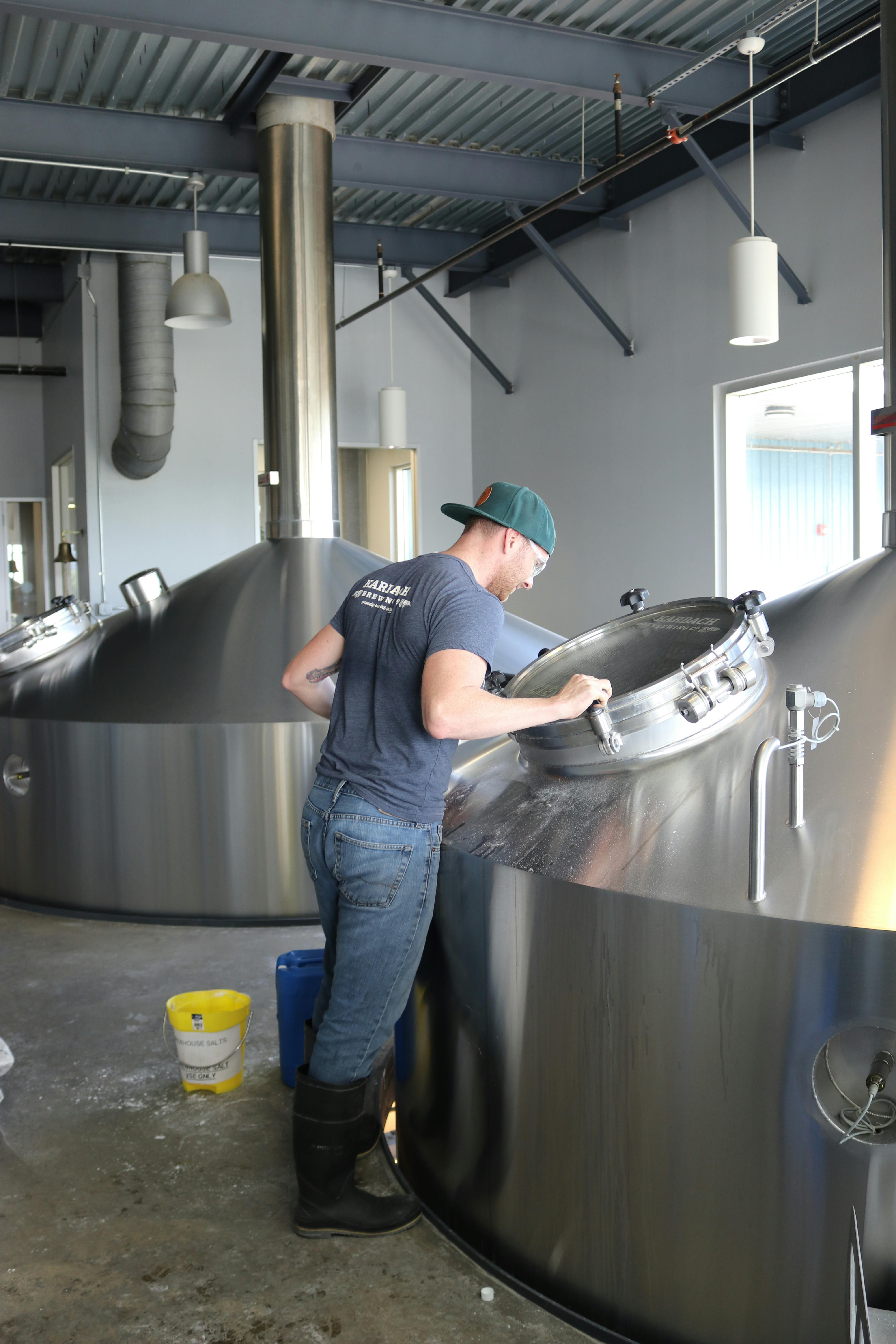Essential Guide to Guinea Pig Lifespan: Learn How to Ensure a Long, Healthy Life in 2025
Guinea pigs are beloved pets that bring joy to many families. Understanding their lifespan is crucial for pet owners who want to ensure their furry friends live long, healthy lives. The average guinea pig lifespan is between 4 to 6 years, but with proper care, they can live even longer. Factors such as diet, environment, and social interaction play pivotal roles in determining how long guinea pigs will thrive. This guide will dive into the elements affecting guinea pig longevity and provide essential tips for keeping your guinea pig healthy throughout its life cycle.
Throughout this article, you’ll learn about the differences in lifespan between male and female guinea pigs, how to care for aging guinea pigs, and the importance of nutrition and veterinary care. Additionally, we will explore the common illnesses that can affect guinea pig health and provide best practices to ensure longevity. By implementing these expert recommendations, you can significantly extend the life expectancy of your beloved guinea pig.

Understanding Average Guinea Pig Lifespan
What is the average lifespan of a guinea pig? Generally, most guinea pigs can expect to live between 4 to 6 years in captivity. However, this number can vary significantly based on a number of factors such as genetics, diet, and overall care. Lifespan tends to differ between breeds and genders; for example, female guinea pigs often have longer lifespans than males due to fewer health complications. Understanding these nuances is essential for any pet owner.
Factors Affecting Guinea Pig Lifespan
The longevity of guinea pigs is influenced by various factors including genetics, diet, and environmental conditions. Genetics plays a crucial role; certain breeds naturally live longer than others. Additionally, a balanced diet rich in vitamins and minerals is imperative. Poor nutrition can lead to various health issues that may shorten their life expectancy.
Health Considerations for Guinea Pigs
Regular veterinary check-ups are important for identifying potential health issues early on. Common illnesses in guinea pigs, such as respiratory infections, dental problems, and obesity, can significantly affect their lifespan. Being proactive with a veterinary care plan can help alleviate these risks.
Lifespan of Male vs. Female Guinea Pigs
Generally, female guinea pigs have a slightly longer lifespan than their male counterparts. Factors contributing to this discrepancy include their generally more stable hormonal environment and fewer health complications associated with breeding. Understanding these differences can help owners create tailored care strategies for their pets.
Signs of Aging in Guinea Pigs
As guinea pigs age, they exhibit various signs. Common indicators include changes in mobility, coat condition, and dental health. Keeping a watchful eye on these signs allows owners to adjust their care, ensuring the comfort and health of their aging pets.
Creating a Long Life for Your Guinea Pig
Building a habitat that promotes both physical and mental well-being is important. Providing enriching toys and opportunities for social interaction can make a significant difference in your guinea pig’s life span. Longevity starts with creating a secure, comfortable environment that meets their needs.
Nutrition and Guinea Pig Lifespan
Proper nutrition is crucial for maintaining the health and longevity of guinea pigs. They require a balanced diet consisting mainly of hay, along with fresh vegetables and specially formulated pellets. It’s important to avoid foods that are harmful to their health as certain treats can lead to obesity and other serious health issues.
Best Diet for Guinea Pig Health
The cornerstone of a healthy diet is high-quality hay, which aids in digestion and keeps their teeth healthy. Veggies such as bell peppers, spinach, and carrots provide essential nutrients. Additionally, commercial guinea pig pellets ensure that they receive all necessary vitamins and minerals. Always monitor portion sizes to prevent dietary-related health problems.
Hydration and Its Impact on Longevity
Hydration is equally important for guinea pig health. Providing fresh water daily helps prevent dehydration, which can lead to severe health issues. Be mindful of water quality, and ensure they have access to clean, drinkable water at all times.
Common Mistakes in Guinea Pig Diet
Many owners inadvertently make common mistakes such as overfeeding treats or neglecting the hay component. An excess of sugary fruits or starchy vegetables can cause digestive issues and obesity. Educating yourself about guinea pig nutritional needs is vital to ensuring a long lifespan.
Importance of Dental Care
Dental health is a significant factor in guinea pig longevity. Ensuring they have hard foods and chew toys can naturally wear down their teeth and prevent dental problems. Regular veterinary dental check-ups can catch issues early, ensuring they maintain their ability to eat and live comfortably.
Caring for Aging Guinea Pigs
Caring for your aging guinea pig requires special attention to their unique needs. Elderly guinea pigs may experience a host of health problems, so understanding how to modify their care can significantly enhance their quality of life.
Creating a Comfortable Environment for Senior Guinea Pigs
Aging guinea pigs may need softer bedding and easier access to food and water. Position their resources within a limited space to ensure they can navigate comfortably. Avoiding stressors is crucial for older pets, as they may be more sensitive than younger animals.
Monitoring Health Conditions in Older Guinea Pigs
Regular health monitoring and communication with your veterinarian are essential for aging guinea pigs. Older pets may have chronic health conditions that require management. Being alert to changes in their behavior or physical condition allows for prompt veterinary intervention.
Signs of Illness in Aging Guinea Pigs
Owners must recognize signs of illness in their senior guinea pigs. Symptoms such as changes in appetite, difficulty grooming, or weight loss can indicate health issues. Addressing these signs quickly can lead to early diagnosis and treatment, contributing to a longer, healthier life.
Importance of Social Interaction for Senior Guinea Pigs
As guinea pigs age, they may become less active and more solitary. Providing regular social interaction with you or other guinea pigs can keep them mentally stimulated and emotionally engaged. This is important for their overall well-being.

Guinea Pig Health and Lifespan Best Practices
Implementing effective practices for guinea pig health and longevity starts with understanding their basic requirements. Establishing a routine that includes diet, exercise, and socialization will help guidance their growth and daily activities.
Regular Check-Ups and Preventative Care
Regular veterinary visits should be a cornerstone of any guinea pig care routine. Early detection of health issues can result in timely treatment, significantly increasing their lifespan. Discuss your guinea pig's health and vaccinations with your veterinarian regularly.
Engagement and Play for Longevity
Guinea pigs thrive on social interaction and play. Provide regular playtime outside their enclosure, with safe toys to encourage physical activity. An active lifestyle contributes positively to mental and physical health.
Understanding Guinea Pig Behavior for Better Care
Understanding guinea pig behavior is critical in providing appropriate care. Recognizing stress or discomfort signs enables owners to adjust their approach and create a more supportive environment. Effective communication through gentle handling and care can strengthen bonds and promote health.
Environmental Factors Affecting Guinea Pig Lifespan
Environmental stressors, such as extreme temperatures or loud noises, can impact guinea pig health. Ensuring a stress-free habitat can help mitigate these factors. Setting up their enclosure with temperature control, adequate ventilation, and quiet areas is essential for their well-being.
Conclusion
In summary, ensuring a long, healthy life for your guinea pig involves understanding their unique needs and providing tailored care. From nutrition and veterinary check-ups to creating a nurturing environment, every aspect of their life matters. By implementing the best practices outlined in this guide, you can significantly improve your guinea pig’s lifespan while also enriching their daily experience. For more detailed information on guinea pig care, consider visiting this comprehensive guide or exploring our health tips for guinea pigs.
